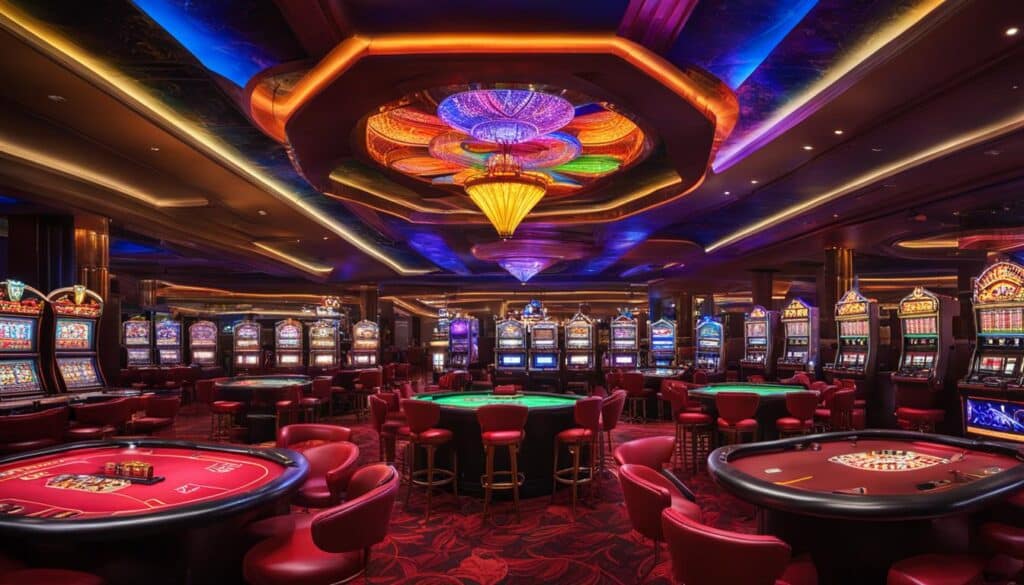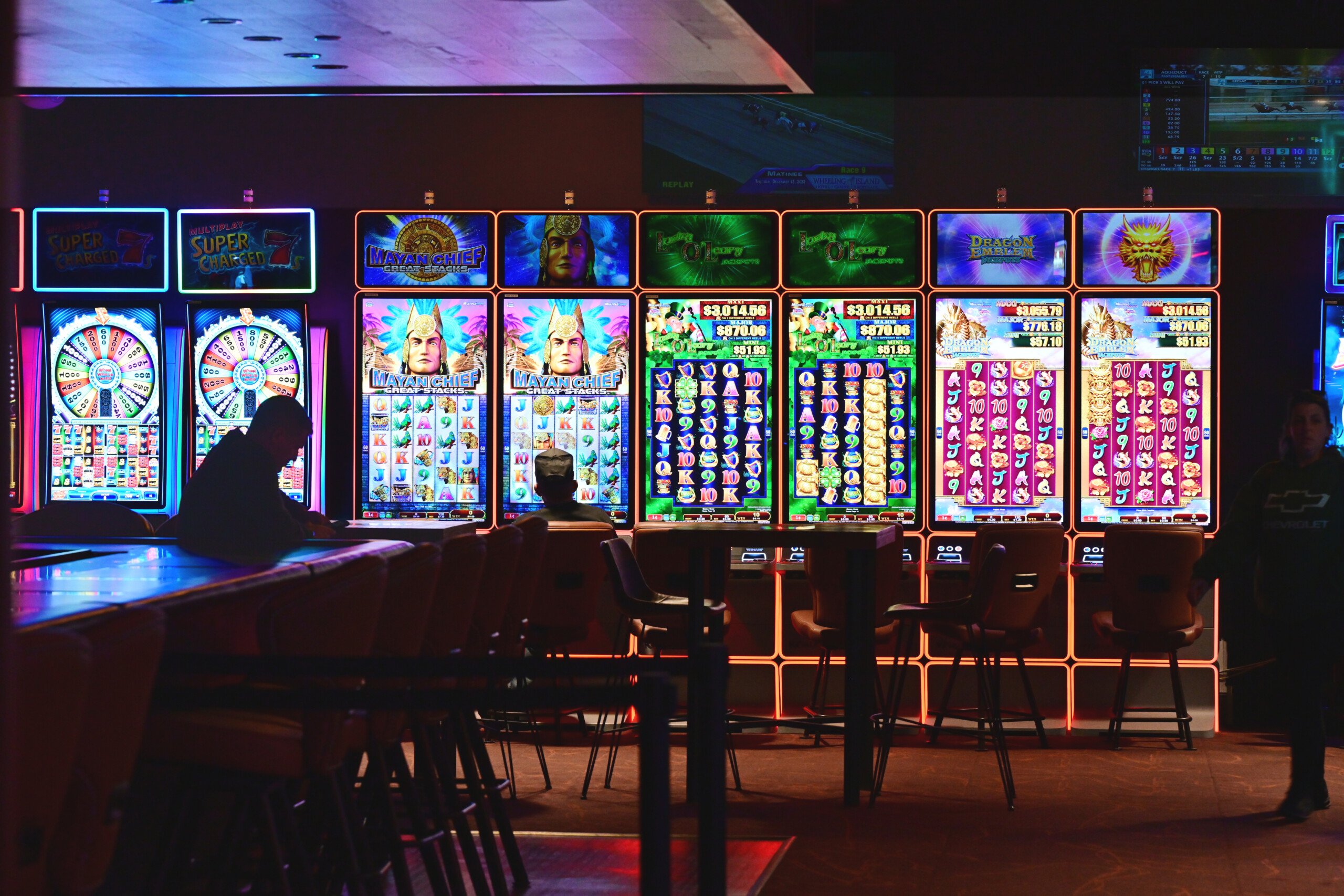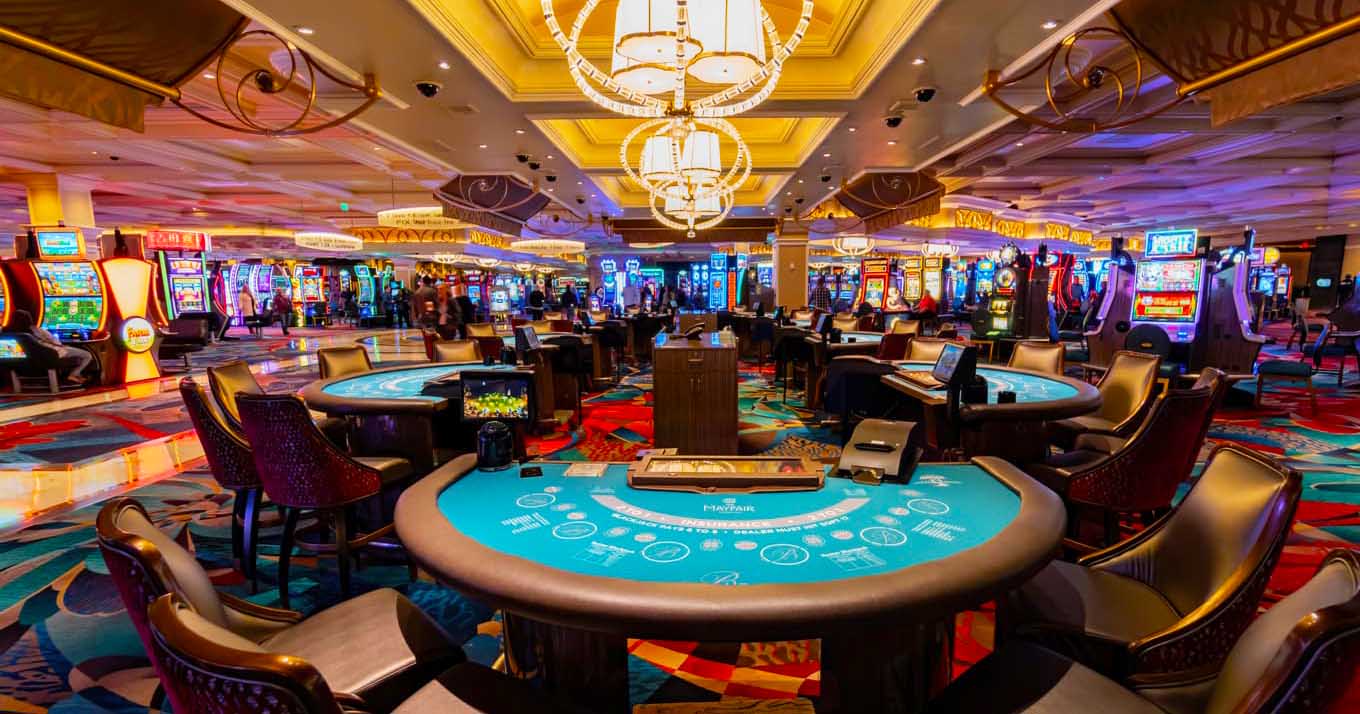Methods to Find a Casino Game with a High Payout
In the realm of the world of casino games, understanding how to identify the games that provide a favorable payout can significantly enhance your play experience. Whether you are a seasoned player or a beginner to the casino scene, knowing where to place your bets can make a large difference in your potential winnings. With a myriad of games available, each with its unique odds and payout structures, navigating this terrain can feel intimidating at times.
One of the key aspects to consider when evaluating casino games is the idea of the return to player , RTP. This statistic calculates the percentage of wagers that a game will pay back to players over time, and it functions as a crucial indicator of a game’s profitability. By focusing on games with elevated RTP percentages, players can boost their chances of walking away with some cash in their pockets. In this article, we will explore various tips and strategies to help you spot the casino games that are more likely to deliver generous payouts.
Understanding Return to Player (RTP)
Return to player percentages, frequently called payout ratios, indicate the typical amount a slot pays out to players over time. This percentage is derived based on long-term play and is crucial in determining the feasibility of a casino game as a viable selection for gamblers. For illustration, a game with a payout percentage of ninety-five means that, on average, players can expect to receive 95 for each one hundred bet. Understanding these figures is important to arriving at informed decisions in a gaming environment.
When choosing a slot, it is important to look for those with elevated RTPs, generally above 90 percent. Common games such as blackjack and certain video poker types tend to offer better odds compared to electronic slot games. Nevertheless, remember that specific game regulations and variations can affect the return rates significantly. Consequently, always check the specific rules for the slot you are thinking about.
Moreover, consider that RTP can vary between different casinos or online platforms. Some casinos may market games with elevated payout percentages as a strategy to attract players. Always thoroughly investigate and read reviews or evaluations that cover the payout percentages of the games provided at a designated casino. This will ensure you are choosing games that deliver a greater likelihood of success in the future.
Identifying Top RTP Slots
A key factors to keep in mind when seeking a gaming game with a good payout is the Player Return (RTP) percentage. The RTP represents the anticipated amount of money a game will give to players throughout gameplay. Games with an RTP of ninety-six percent or higher are commonly regarded to have strong payout capability. Getting acquainted yourself with RTP percentages can considerably enhance your gaming journey and raise your chances of winning.
When assessing video slots, card games, or other casino offerings, it is essential to research each game’s RTP. Many online casinos present this information clearly, letting players to make informed choices before investing their chips. Take the time to compare different games and look for those with superior RTPs. This can often mean the difference between a successful session and one in which you exit with little to exhibit from your investment.
In addition to the RTP, also think about aspects like variance and game features, as they can affect your overall experience. crypto casino’s Nederland Elevated RTP games may still vary in how frequently they pay out and the amount of those payouts. Choosing games that both have an excellent RTP but also offer a balance of uncertainty and reward will enhance your opportunities of sustained success in the gaming establishment.
Assessing House Advantage

One of the crucial critical factors to consider when assessing a casino game’s payout odds is the house advantage. The house edge is the part of each bet that the casino anticipates to keep over the long term. A game with a lower house edge is typically more favorable for players, as it indicates a higher chance of winning. Common games like 21 and poker machines commonly have a smaller house edge compared to slot machines and certain gaming tables.
Comprehending the house edge can enable players make informed decisions about which games to focus on. For instance, a game with a house edge of 1% offers considerably superior odds than one with a 5 percent edge. Players who take the time to understand the rules and best strategies for games like blackjack can even more reduce the house edge, thus increasing their odds of a favorable outcome during their time at the tables.
It’s important to examine and contrast the house edges of multiple casino games before committing to play. Many online casinos offer this information, allowing players to choose the games that enhance their profit potential. By selecting games with a diminished house edge, players can improve their overall gambling experience and increase their probability of winning.





